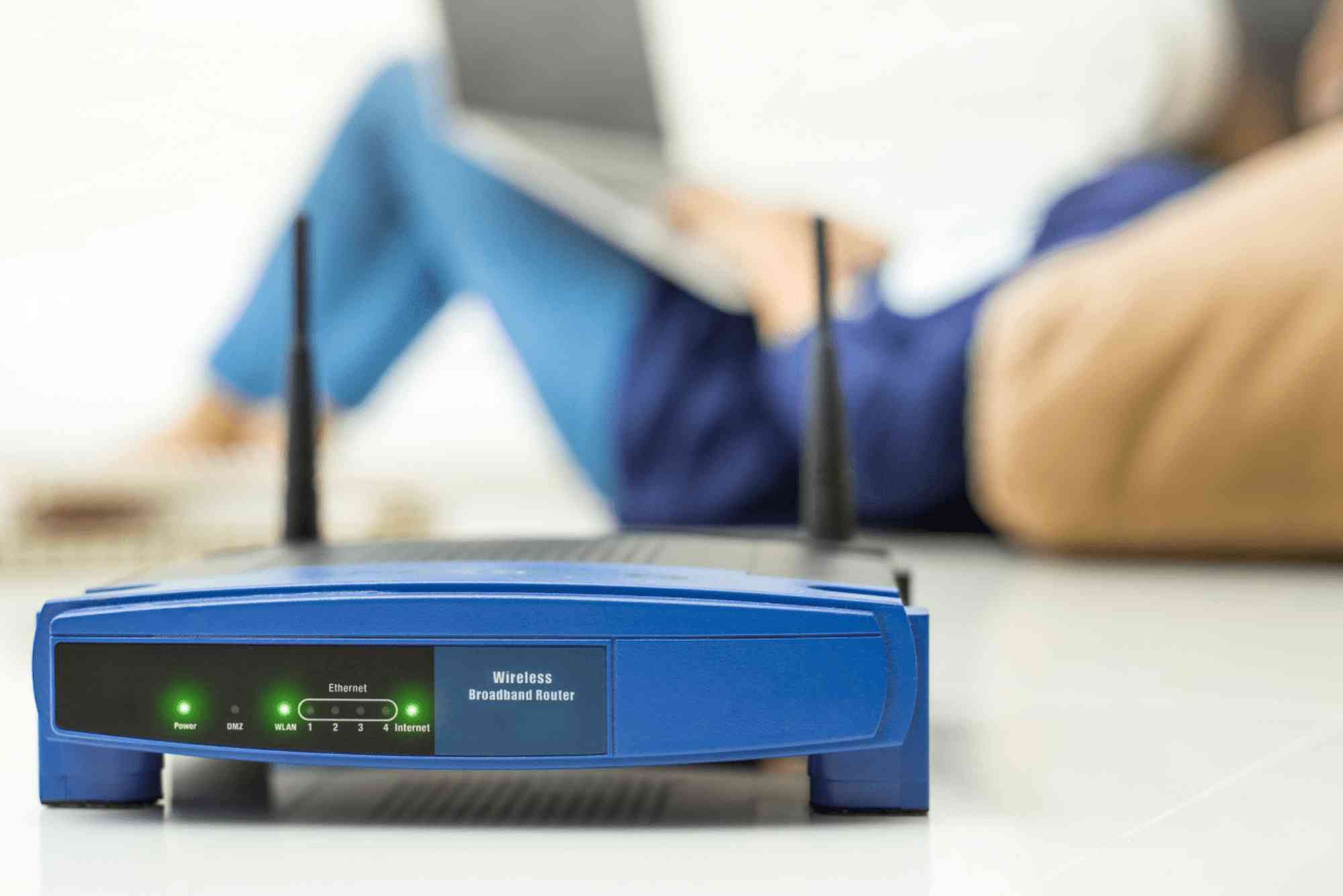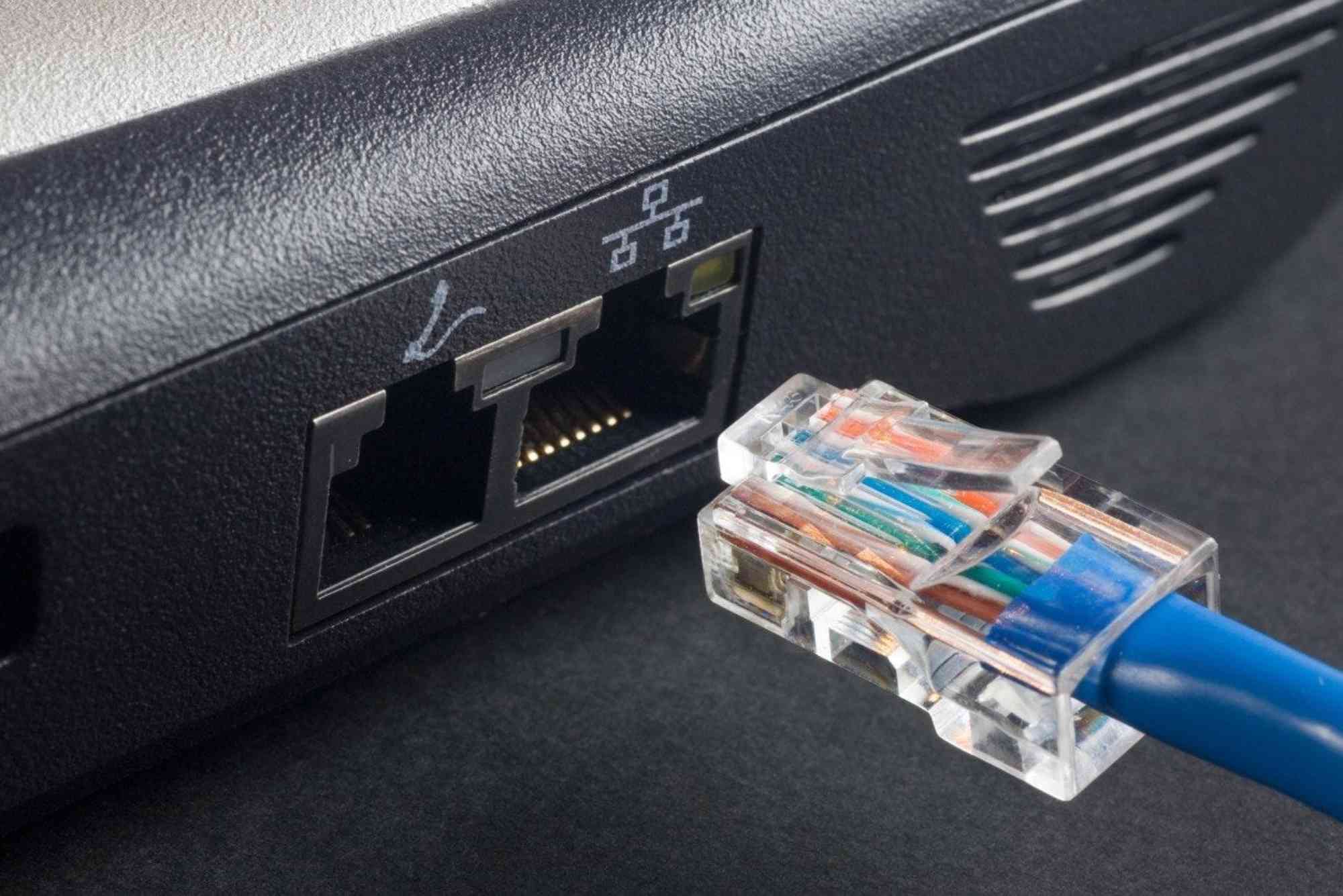How to Check VPN Compatibility With Your Router
In today’s digital age, protecting online privacy has become essential. A Virtual Private Network, or VPN, is one of the most effective tools to secure browsing, encrypt data, and bypass restrictions. However, while using a VPN app on laptops or phones is straightforward, many users prefer to connect a VPN directly to their router. This allows every device on the network to stay protected without configuring them individually. The challenge lies in determining whether a router supports VPN usage. Understanding VPN compatibility with routers saves time, avoids frustration, and ensures that your network is both secure and efficient.
When you hear the phrase “VPN compatibility with routers,” it refers to the ability of your router’s hardware and firmware to support encrypted VPN connections. Not every router has this capability, and trying to set up VPN software on incompatible devices can lead to errors or even leave your network vulnerable. Since the demand for enhanced privacy and unrestricted browsing is rising, especially in regions where online security is a priority, it is crucial to know how to check this compatibility before purchasing or configuring a router.
Why Router VPN Compatibility Matters
VPN services act like a secure tunnel between your device and the internet. When applied at the router level, this tunnel covers every connected device, from smartphones and computers to smart TVs and gaming consoles. Without router compatibility, only individual devices with apps installed enjoy VPN protection. This partial coverage defeats the purpose of having a whole-home security setup. Router-level VPNs also make life easier by removing the need to log in on every single gadget. Moreover, VPN routers improve privacy for IoT devices, which often lack native VPN apps.
Compatibility is also important for performance reasons. Routers not designed for VPNs may struggle to handle encryption processes, slowing down your entire internet connection. Choosing the wrong device means sacrificing speed, reliability, and sometimes even access to streaming or work platforms. In short, confirming VPN compatibility with routers is not just a technical detail but a necessary step for seamless online security.
How to Identify VPN-Compatible Routers
The first method of checking VPN compatibility with routers is to consult the manufacturer’s documentation. Many router brands openly state whether VPN passthrough or VPN client mode is supported. VPN passthrough means the router allows VPN traffic from devices with apps installed but does not run the VPN itself. VPN client mode, on the other hand, lets the router handle all VPN connections directly, which is what most users seek.
Another effective approach is to look at the router’s firmware. Stock firmware from brands like Asus, Netgear, and Linksys often includes VPN settings, but budget or ISP-provided routers usually do not. Advanced users sometimes install custom firmware such as DD-WRT, OpenWRT, or Tomato to add VPN support. However, flashing custom firmware requires caution because improper installation can permanently damage the device. If you are unsure, always check whether your router officially supports VPN connections before experimenting.
The Role of Router Specifications
Beyond software, hardware specifications also determine VPN compatibility with routers. Routers with powerful CPUs and sufficient memory handle encryption better, which results in smoother performance. Older or cheaper models may technically support VPNs but lack the processing strength to maintain high speeds. For example, AES-256 encryption, which most VPNs use, demands significant computing power. If the router’s chipset is too weak, every connected device will experience lag. Therefore, a balance between compatibility and performance is essential.
Steps to Check VPN Compatibility
The process of confirming VPN compatibility begins with accessing your router’s administrative interface. Most routers have a web-based control panel where you can log in using default IP addresses such as 192.168.1.1. Within the settings, search for a VPN section. If you see options like “VPN Client,” “VPN Server,” or support for OpenVPN or WireGuard, your router is compatible. If there are no such options, your router may only support passthrough or not support VPNs at all.
Another way is to visit the website of your VPN provider. Many premium VPN services maintain compatibility lists showing recommended router models. If your router appears on this list, you can be confident it will work without additional setup. Some VPN companies also sell pre-configured routers that are ready to use, eliminating the need for manual configuration.
Common Challenges in Compatibility
Even when a router technically supports VPNs, users often face challenges during setup. Firmware differences across models may result in varying menu structures, leading to confusion. Some routers limit the type of VPN protocols they support. For instance, a device may only allow PPTP, which is outdated and insecure, while modern VPN services rely on OpenVPN or WireGuard. In such cases, compatibility issues arise even if the router advertises VPN support.
Performance is another challenge. Routers with weaker processors struggle to maintain stable speeds under VPN encryption, especially when multiple devices are streaming or gaming simultaneously. For this reason, many experts recommend investing in higher-end routers if VPN usage is a long-term priority.
Benefits of Using a VPN-Compatible Router
Once you confirm VPN compatibility with routers, the benefits are noticeable. Security is applied network-wide, meaning every device enjoys encrypted connections. This is particularly useful in households with multiple gadgets where setting up VPN apps individually would be time-consuming. It also simplifies the process of managing your VPN connection, since turning it on or off at the router level affects the entire network.
For businesses or families working remotely, this setup ensures consistent protection without relying on individuals to remember activating their apps. Additionally, streaming platforms and geo-restricted services often become more accessible, as the VPN applies to every device connected to the router. This feature adds convenience while maintaining a seamless browsing experience.
Real-World Application of Router VPNs
Consider a scenario where a household has smart TVs, gaming consoles, laptops, and phones all connected to the same network. Without router-level VPN compatibility, each device would need its own VPN installation. Some, like smart TVs, may not even allow VPN apps. With a VPN-compatible router, all traffic automatically goes through the secure tunnel. This makes online gaming safer, streaming more versatile, and general browsing more private.
For individuals living in regions with restricted internet access, VPN routers provide an effective solution to maintain freedom online. It ensures every device, including those with limited configuration options, stays protected. Service providers like Dhanote Internet Services also emphasize the importance of strong, private, and uninterrupted connectivity, making router compatibility a key element in building secure digital lifestyles.
FAQs
How do I know if my router supports VPN?
You can log into your router’s admin panel and check for VPN client options or consult the manufacturer’s documentation.
Can I install a VPN on any router?
Not every router supports VPN installation. Some only allow passthrough, while others require custom firmware for full VPN compatibility.
Which routers are best for VPN?
Routers from Asus, Netgear, and Linksys often have built-in VPN features. High-performance models with strong processors are usually recommended.
Will a VPN slow down my internet if installed on a router?
Yes, VPN encryption may slightly reduce speed. However, routers with powerful hardware minimize performance loss.
Can I use free VPNs with my router?
Most free VPNs do not support router configurations or limit bandwidth. Paid VPNs provide better reliability, speed, and compatibility.
Checking VPN compatibility with routers is not just a technical formality; it is an essential step toward building a secure, private, and efficient home or office network. The right router ensures that all devices benefit from VPN protection without individual setup. By reviewing firmware options, consulting VPN providers, and considering hardware strength, you can choose a router that delivers both security and performance.
If you are planning to secure your entire network, make sure your router is VPN-ready before making a purchase. Doing so saves time, prevents frustration, and guarantees smoother browsing. For those who value digital privacy and unrestricted internet access, investing in the right router-VPN combination is one of the smartest decisions. Take the next step today and upgrade your online security by choosing a VPN-compatible router that meets your needs.







